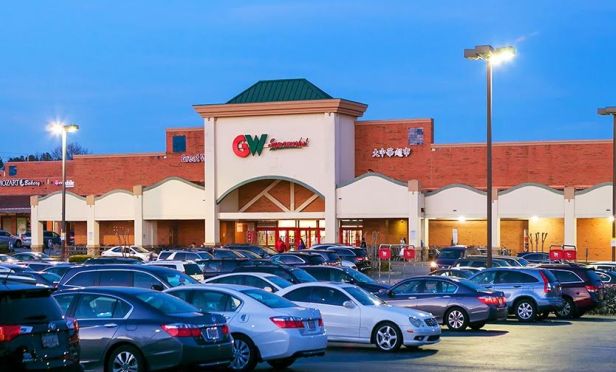
ATLANTA—Shopping malls are struggling while experiential retail is rising. Strip centers are evolving and e-commerce is pressing retailers to think differently.
Who will the winners be? That depends on whom you ask. We asked Terry Montesi, CEO of Trademark Property and Karim Fadel, founder and principal at Unison Realty Partners.
“The winners in retail real estate will be the people who are looking forward and abandoning virtually every paradigm from the past,” Montesi tells GlobeSt.com. “The rate of change in retail real estate is much closer to the rate of change in the technology industry than that of manufacturing.”
Montesi stresses real estate used to be viewed as a stable, foundational business. Today, he says, that is a thing of the past. His advice: You'd better adapt and evolve, or expect to be processed out of the industry. At the same time, he predicts brick and mortar stores are not going away.
In 2017, Fadel predicts the winners in retail real estate will most likely be necessity-based community and neighborhood retail centers. That, he tells GlobeSt.com, is because these centers, which are generally suburban, have a strong tenant mix which has the agility to cater more to the surrounding community, including offering more food, entertainment, and cultural options that reflect the wants and needs of the local population.
“For suburban communities, these places will continue to serve as a one-stop shop for their daily needs, where they can pick out their own produce, meet their friends and neighbors, and pick up their dry cleaning,” Fadel says. “With offerings that are far less impacted by the growth in e-commerce, we feel confident that these centers aren't going anywhere.”

ATLANTA—Shopping malls are struggling while experiential retail is rising. Strip centers are evolving and e-commerce is pressing retailers to think differently.
Who will the winners be? That depends on whom you ask. We asked Terry Montesi, CEO of Trademark Property and Karim Fadel, founder and principal at Unison Realty Partners.
“The winners in retail real estate will be the people who are looking forward and abandoning virtually every paradigm from the past,” Montesi tells GlobeSt.com. “The rate of change in retail real estate is much closer to the rate of change in the technology industry than that of manufacturing.”
Montesi stresses real estate used to be viewed as a stable, foundational business. Today, he says, that is a thing of the past. His advice: You'd better adapt and evolve, or expect to be processed out of the industry. At the same time, he predicts brick and mortar stores are not going away.
In 2017, Fadel predicts the winners in retail real estate will most likely be necessity-based community and neighborhood retail centers. That, he tells GlobeSt.com, is because these centers, which are generally suburban, have a strong tenant mix which has the agility to cater more to the surrounding community, including offering more food, entertainment, and cultural options that reflect the wants and needs of the local population.
“For suburban communities, these places will continue to serve as a one-stop shop for their daily needs, where they can pick out their own produce, meet their friends and neighbors, and pick up their dry cleaning,” Fadel says. “With offerings that are far less impacted by the growth in e-commerce, we feel confident that these centers aren't going anywhere.”
© Touchpoint Markets, All Rights Reserved. Request academic re-use from www.copyright.com. All other uses, submit a request to [email protected]. For more inforrmation visit Asset & Logo Licensing.






